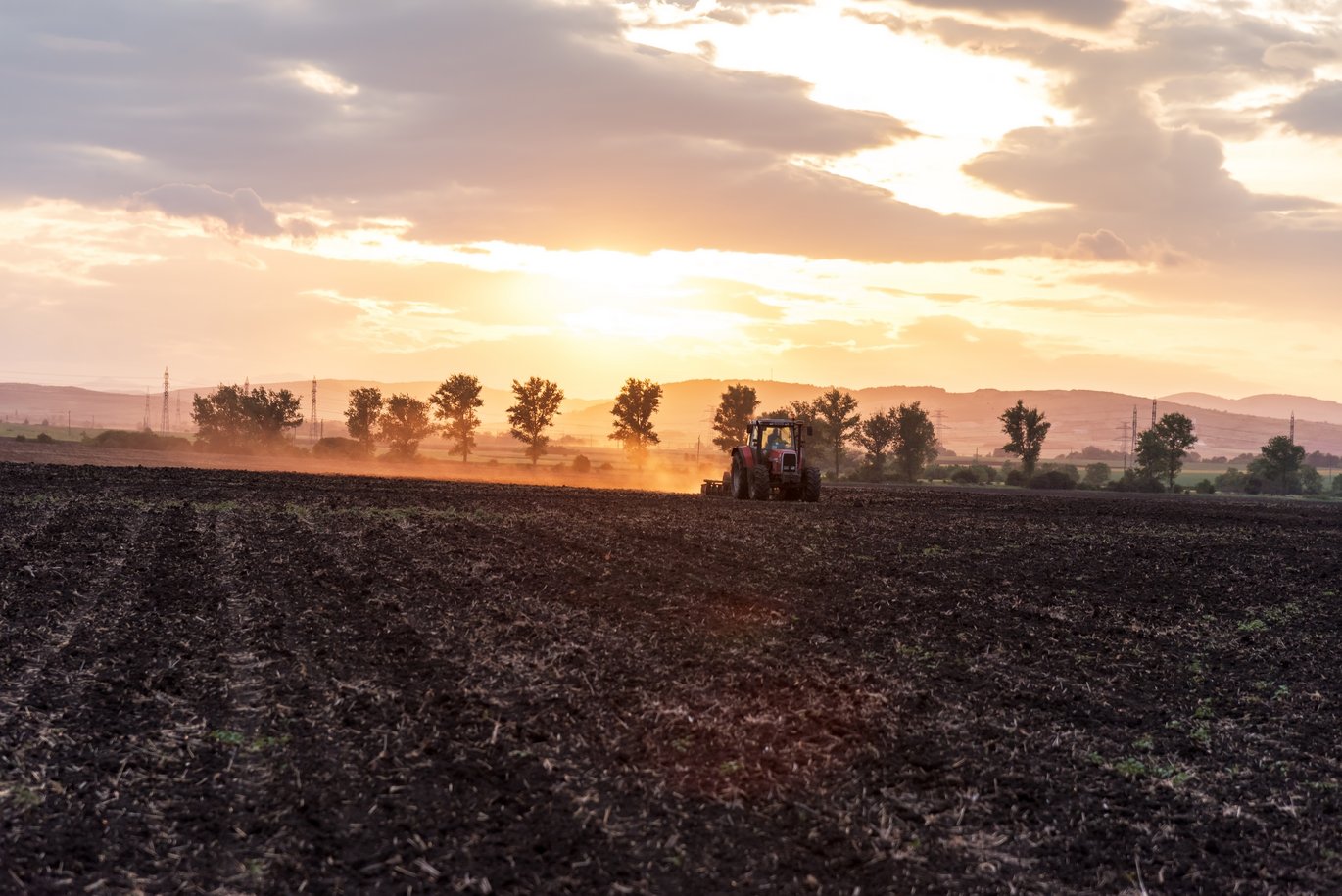Toward less soil compaction in Europe
SoilCompaC will investigate interactions between soil compaction and climate, and get insight on how to assess, detect, recover from and minimize soil compaction in Europe.

Compaction is defined as the densification of the soil. Compaction of agricultural soils occurs due to heavy traffic in the field, or soil tillage in less-than-ideal conditions.
Soil compaction is a major threat to soil functions and ecosystem services. Productivity, air and water filtering, water regulation, carbon sequestration is affected by soil compaction. The impacts of compaction on the soil properties are well documented, however estimates of the extent and severity of compaction in Europa and consequences on soil functions remain elusive.
SoilCompaC (Mapping and alleviating soil compaction in a climate change context) aims to address the following knowledge gaps:
- How soil compaction affects its potential for carbon sequestration?
- What is the soil compaction risk for different pedo-climatic zones and associated cropping systems in Europe?
- How this risk is influenced by climate change?
The aim of the project is to investigate interactions between soil compaction and climate. The consortium will collect and analyze information on how to assess, detect, recover from and minimize agricultural soil compaction. The aim is to provide insights for more sustainable soil management practices in Europe.
With 13 different institutions and 12 countries the SoilCompaC project has five objectives:
- Create a standard in terms of data availability and parameters needed for a country or a region to enable mapping of soil compaction extent and severity,
- Analyze the extent and severity of soil compaction using novel data-driven approaches and/or remote sensing for countries or regions meeting the data standard,
- Evaluate how climate change affects the risk of soil compaction for a range of European pedo-climatic zones,
- Quantify impacts of soil compaction on soil carbon stocks in a climate change context, and estimate impacts on greenhouse gas emissions, crop growth and water balance, for a range of European pedo-climatic zones,
- Synthesize quantitative knowledge on mechanical, natural and biological recovery of compacted soils across Europe.
In February 2022, a kick-off meeting for the consortium was held, and work begun. Regular updates and news about SoilCompaC project activities can be found on the EJPSOIL webpage (https://ejpsoil.eu/soil-research/soilcompac)
Additional information
Partners & third parties:
- AU (Aarhus University) (Denmark)
- BOKU (University of Natural Resources and Life Sciences) (Austria)
- BAW (Federal Agency of Water Management) (Austria)
- vTI (Johann Heinrich von Thünen Institute) (Germany)
- CSIC-INIA (Spanish National Research Council - Environment and Agronomy Department) (Spain)
- EMU (Estonian University of Life Sciences) (Estonia)
- WR (Wageningen Research) (The Netherlands)
- TAGEM (Agricultural Research and Policy General Directorate) (Turkey)
- LAMMC (Lithuanian Research Centre for Agriculture and Forestry) (Lithuania)
- SLU (Swedish University of Agricultural Sciences) (Sweden)
- AGS (Agroscope) (Switzerland)
- Teagasc (Ireland)
- Flanders Research Institute for Agriculture, Fisheries and Food (EV-ILVO) (Belgium)
Project leader: Aarhus University, Department of Agroecology
Project website: https://ejpsoil.eu/soil-research/soilcompac
Project Coordinator: Mathieu Lamandé, mathieu.lamande@agro.au.dk
Project Communications Representative: Camilla Brodam, brodam@agro.au.dk